there are dangers present in every human action, we are vulnerable as a species and a lot of variables in a lot of different systems need to be maintained to keep an "optimal" balance in the body. there are no easy ways to group good and bad especially with all the possible subjectivity in what someone ingests(some people eat mud), but that doesn't stop us from trying to stop or regulate what people want to eat, drink, smoke or rub between their bum cheeks
we try to rationalise, this will be more "productive" for society, or less "dangerous" for the user, but are we really in the position to make a judgement?

So I was told Caffeine was a "Drugs" and though avoided in some cultures we havent necessarily considered it important enough to prohibit in any way, but why? Is it just because some "Drugs" are dangerous?
Well, what the hell is dangerous? can't too much of anything can kill you, Did you know too much water can kill you?
In 2007 a lady died, trying to win a nintendo wii by drinking 7 litres of water
now I know we arent about to start trying to ban water or start labeling it "dangerous and deadly" but I thought it would be an interesting example to actually consider some things we label or regulate and why.


So this definition is saying a "drug" is something which is eaten or introduced and has a "physiological" effect. What does it mean by "physiological?"

"physiological" effect must mean some effect on the functions or processes on the body
Well that's pretty broad isn't it? let's break this down and really think about that for a second. What doesn't have a physiological effect? Can't one have a physiological effect just looking at something, kind of like the Pavlov's dog's and while that might be a little bit of an exaggeration take that concept a little back and consider the difference in irritability while hungry and after eating, would this food give you a physiological effect? couldnt we consider some of these by the same definition of "drugs" as it effects even your mood and reaction?
Should this topic even try to be rationalized in this way? Isn't it really very subjective? There are pro's and con's to everything aren't there? Let's consider these commonly chosen "poisons" which are happily consumed by people

Pick Your Poison
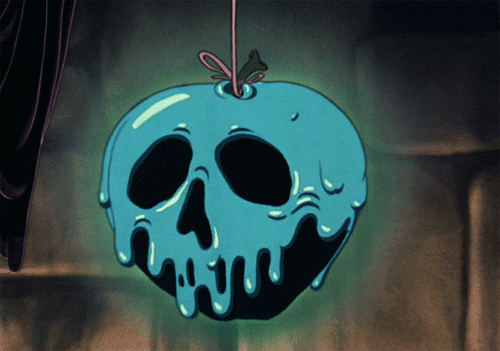
Smoking
According to the World Health Organization apparently 1 billion people around the world smoke and that smoking kills more than 7 million people each year. More than 6 million of those deaths are the result of direct tobacco use while around 900k are non-smokers exposed to second-hand smoke.According to the world health organisation, about 80% of the world's 1 billion+ smokers live in low-middle class income countries.
You can get cigarettes legally in most countries with age restrictions, the enforcement of those age restrictions is questionable in some places. Cigarettes are disliked and discourages these days but far from illegal and with the increased tax and influx of pirated cigarettes in those heavily taxed regions it begs the question of what was likely to happen if cigarettes were to suddenly become illegal
Apparently, all that being said about cigarettes, they cant kill you in one sitting unless you smoke enough to just die from lack of oxygen

Alcohol
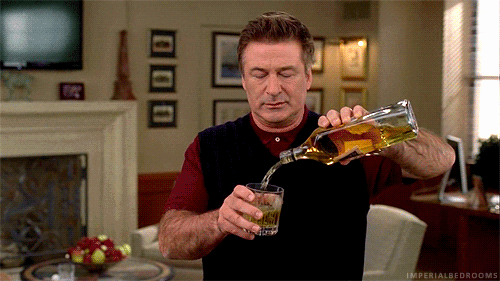
About 2 billion people around the world drink alcohol. Over 76 million people are currently affected by alcohol use disorders, mainly drinking too much xD. Alcohol causes around 1.8 million deaths a year worldwide
Unintentional injuries somehow manage to account for about a third of the deaths from alcohol. Alcohol is the third most common cause of death in developed countries.
Alcohol can kill you when your blood alcohol reaches about between 0.35-0.45%, which is around 20 shots in an hour or two

Pain Killer's
Opioid prescription continues to fuel an opiod epidemic. according to the CDC nearly half of all U.S. opioid overdose deaths involve a prescription opioid. In 2015, more than 15,000 people(most aged between 24-54) died from overdoses involving prescription opioids, with more than 1000 people admitted to the emergency department for opioid overdose a day.Most Commonly Overdosed Opioids Methadone, Oxycodone(OxyContin) and Hydrocodone(Vicodin).
Overdose isn't the only risk related to prescribed opioids. Misuse, abuse, and opioid addiction are also possible dangers.
As many as 1 in 4 people who receive prescription opioids struggles with addiction

Marijuanos
Left side columnCannabis is globally the most commonly used psychoactive substance under international control. In 2013, an estimated 181.8 -230 million people aged 15-64 years used cannabis worldwide. There is an increasing demand of treatment for cannabis use disorders and associated health conditions in high- and middle-income countries, and there has been increased attention to the public health aspects of cannabis use and related disorders in international drug policy dialogues.
here is an excerpt from JUDGE FRANCIS L. YOUNG
“In layman terms, his means that in order to induce death, a marijuana smoker would have to consume 20,000 to 40,000 times as much marijuana as is contained in one marijuana cigarette. NIDA-supplied marijuana cigarettes weigh approximately .9 grams. A smoker would theoretically have to consume nearly 1,500 pounds of marijuana within about fifteen minutes to induce a lethal response."
The world is beginning to open up to the use of cannabis/marijuana, especially as a medicine, though it remains heavily regulated in other parts of the world.

caffeine
Though most of us can't function without our morning coffee, better not overdo it. Apparently, you shouldn't have more than 500 to 600 milligrams of caffeine a day. An average, 8-ounce cup of medium roast coffee has about 200mg of caffeine, an 8-ounce cup of black tea can have 120mg of caffeine.
Noticeable side effects can occur if you consume more than 600 to 900 mg of caffeine a day such as insomnia, restlessness, nausea, irregular heartbeat, muscle tremors, anxiety and headaches. In fact, too much caffeine can be fatal. in 2010 a 21-year-old woman had a heart attack after drinking about 10,000 mg of caffeine. she was resuscitated a few times in the hospital, she stopped responding to medication and died three days later.

Sugar
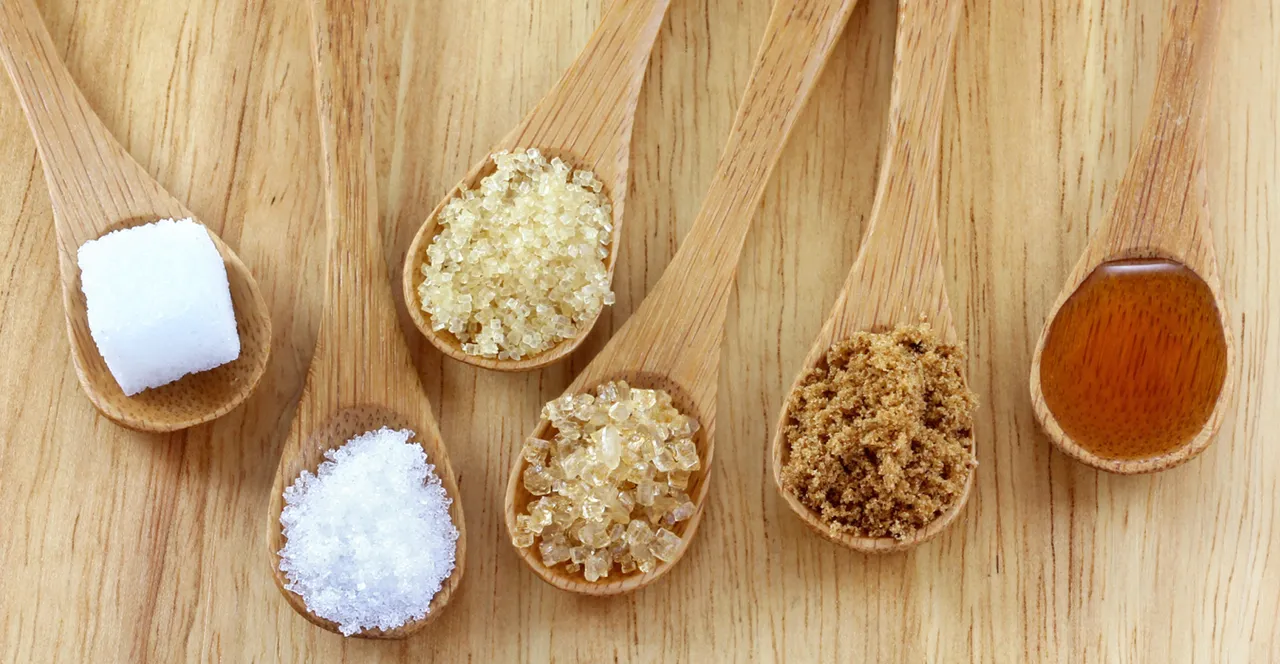
Sugar, delicious sweet sugar. If you’ve ever tried to cut back on sugar, you know it can be hard.
Did you know? apparently, some people may even experience withdrawals. This is all due to the fact that when we eat sugar, an overstimulation of the reward centers causes us to become addicted to it.
Each year there are thousands of children getting upto all their teeth removed, ALL THEIR TEETH!, every single baby tooth, about 20 of them, in one go, because they are so rotten from fizzy drinks. Apparently, fizzy drinks can even mess with a young girls hormones and bring on the onset of puberty quicker
Though it doesn't stop there, free sugars like table sugar, fructose, glucose, honey and the sugar found in fruit juice/concentrate may be causing upto 180,000 deaths per year through diabetes, fatty liver disease and other illnesses
Sugar can't kill you in one sitting but it can definitely do a lot of damage over time

Conclusion
So what do you think? since there are dangers if anything is misused, does it make sense to arbitrarily regulate and criminalize the posession of certain things and not others?
Don't we have a better chance appreciating the fact people want these things and educating against abuse and danger?

please Comment, Upvote, Share or Resteem!

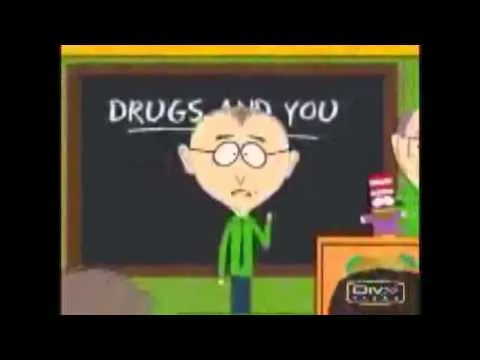
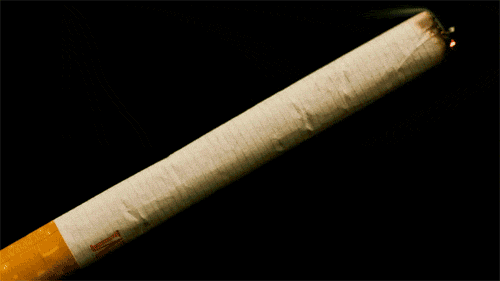
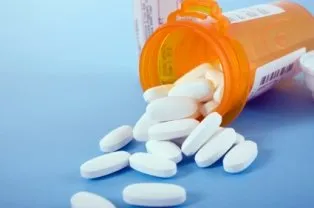 prescription painkillers send 1000 people to emergency per day
prescription painkillers send 1000 people to emergency per day
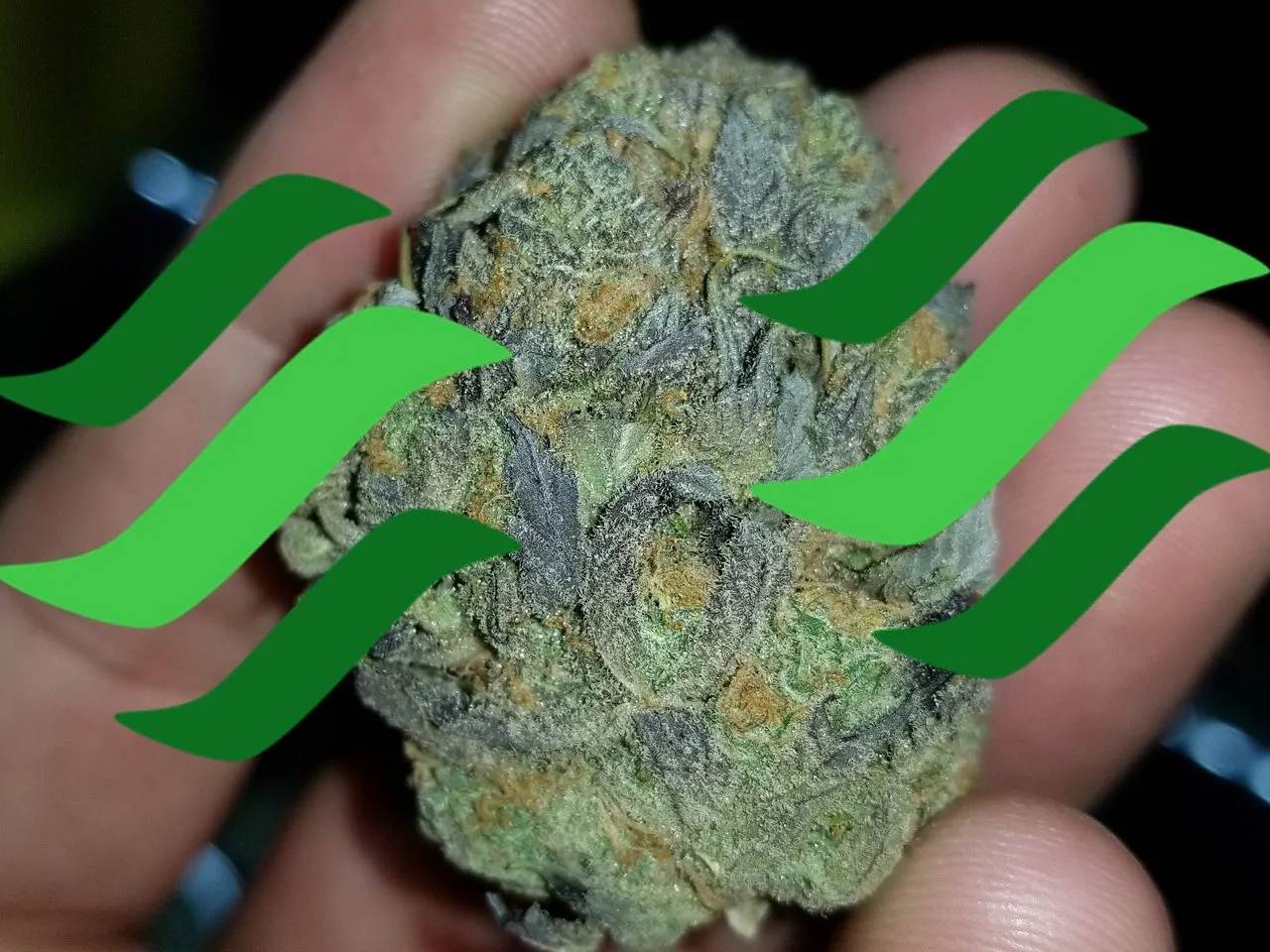 check out @armen on his steemit weed blog
check out @armen on his steemit weed blog

